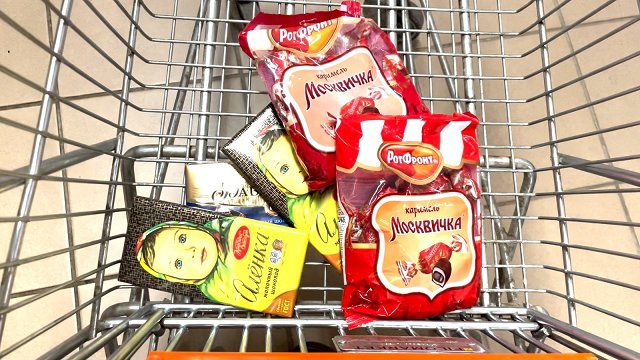Over the past year, food prices have increased in all major food groups. The main impact on average price increases was for bread and cereals, meat and meat products, dairy products, vegetables, and eggs.
“We looked at statistics from January, people's purchasing habits have changed, they are buying cheaper products,” said Noris Krūzītis, executive director of the Latvian Food Traders Association.
Prices for energy resources have been declining in recent months and, in the opinion of the experts, food prices should also fall.
“I do not see [reason] for further price increases, there should soon be an opposite effect,” said Andris Bite, president of the Latvian Employers' Confederation.
The major impacts of price increases have been external factors and increased energy prices. According to traders, price formation is also determined by the small market in the Baltic States. The cost of one unit of goods is higher because there is no volume effect. In a small market such as Latvia, high prices can be held longer, especially in areas where large business chains operate and which have a large share of total household consumption.
The MPs raised the question why the same products cost differently in the same chain stores in the Baltic. For example, vinegar in Latvia is 157% more expensive than in neighboring countries.
KP has started monitoring several markets this year to analyze retail conditions and to find out the actual reasons for prices.
“We have chosen specific products and demand pricings from the beginning of the purchase,” said Sanita Uljane, head of KP's Unfair Trade Practice Prevention Division.
KP will come up with conclusions at the end of the year. However, if prices on store shelves do not fall within the next three months, the Ministry of Economics promises to carry out monitoring.




























